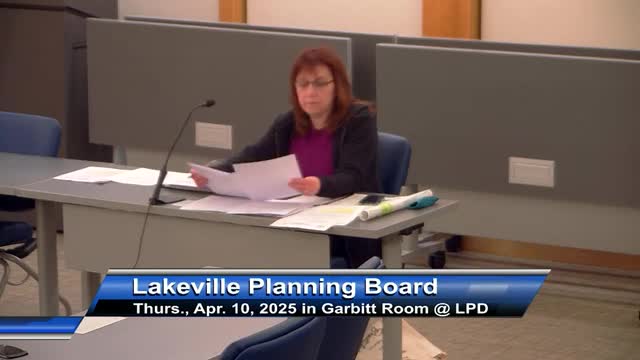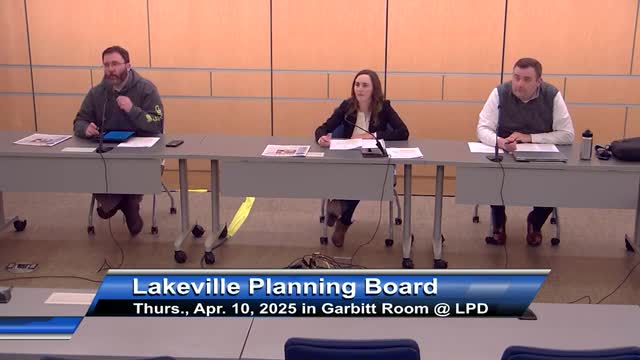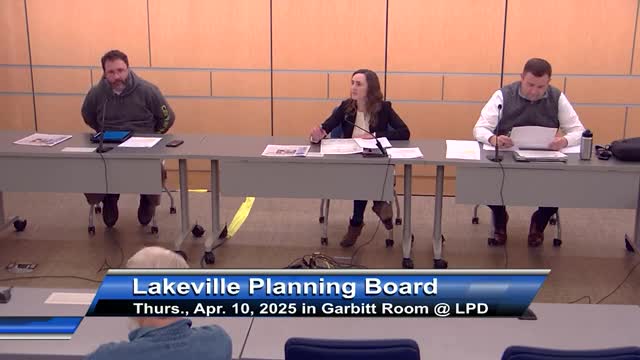Article not found
This article is no longer available. But don't worry—we've gathered other articles that discuss the same topic.

Planning board conditionally approves release of funds for 13 Main Street pending peer‑review confirmation

Planning board approves ANR plan to divide 71 Holland Road property

Planning board recommends town‑meeting votes on site‑plan review edits, ADU definition and accessory‑apartment removal

